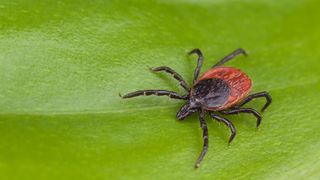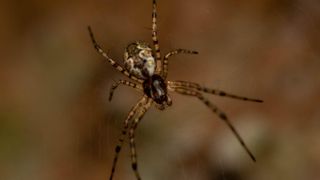Spiders & Other Arachnids
Latest about Spiders & Other Arachnids
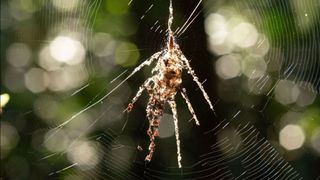
Tiny spiders that build giant 'puppet' decoys from disembodied prey discovered in Peru and Philippines
By Sascha Pare published
Researchers have documented the strange antics of two tropical spider species that build giant, arachnid-shaped decoys out of silk, plant matter and prey remains in their webs.
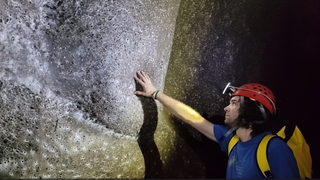
World's biggest spiderweb discovered inside 'Sulfur Cave' with 111,000 arachnids living in pitch black
By Sascha Pare published
A giant colonial spiderweb in a sulfuric cave on the border between Greece and Albania may be the largest ever found — and it was built by spiders we didn't know liked the company of others.
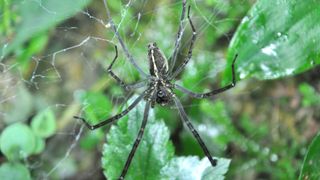
Spiders seen keeping fireflies as glowing prisoners that draw more prey to their webs
By Hannah Osborne published
The fireflies are kept inside the webs for as long as they glow, before being consumed.
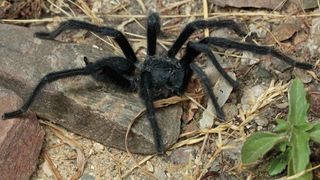
Males of 4 never-before-seen tarantula species have record-long genitalia
By Sascha Pare published
'Size really does matter' The males of four newfound tarantula species have extremely long genitalia so that they can keep their distance from aggressive females during mating, researchers say.

Watch 1,000 baby spiders devour their mothers and aunties alive in stomach-turning, first-of-its-kind footage
By Sascha Pare published
Footage from the BBC's new nature series "Parenthood" shows African social spiders committing matricide and cannibalizing their elderly relatives. Even Sir David Attenborough was horrified.
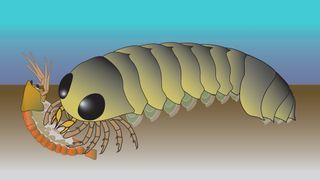
'Backward' brain of ancient sea creature hints spider ancestors evolved in the ocean
By Skyler Ware published
The tiny 'backward' brain of an ancient sea creature hints that spider ancestors might have gotten their start in the ocean.

Spider quiz: Test your web of knowledge
By Christina Hughes published
Quiz Are you an arach-nerd or just tangled? Take our spider quiz to find out!
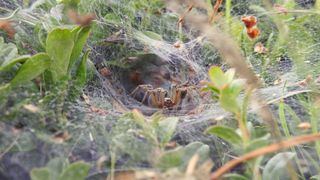
Cannibalistic spiderlings won't hunt their siblings even if they're starving
By Patrick Pester published
Social signals stop young labyrinth spiders from hunting their siblings even when they are starving. However, the cannibalistic spiderlings quickly feed on the corpses of their brothers and sisters.
Get the world’s most fascinating discoveries delivered straight to your inbox.
 Live Science Plus
Live Science Plus










